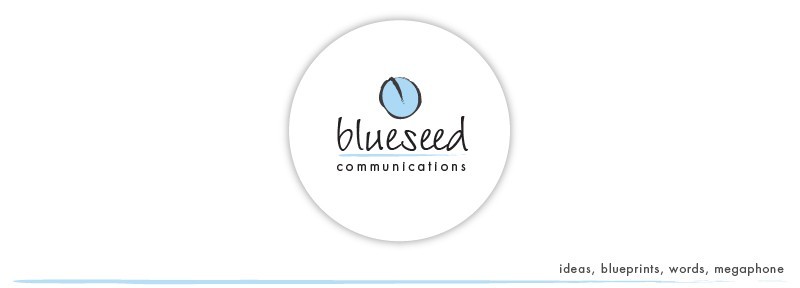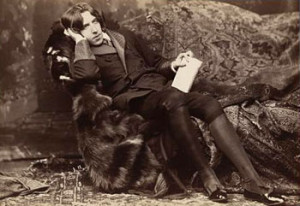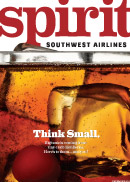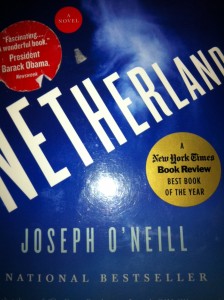A few weeks ago, an op-ed about Syria by Vladmir Putin ran in the New York Times. Actually, a number of pro-Russia op-eds have run in publications like the Huffington Post and CNBC.com over the past several years. All of this publicity is no coincidence, of course, and Pro Publica ran an article the same day as Putin’s op-ed about the PR machine behind Russia.
While reporter Justin Elliot said the NY Times piece was pretty transparent, he said some of the other op-eds were more problematic in that they were signed by third parties (academics, businesspeople, etc.), and it was less clear to readers that the pieces were placed by PR firm Ketchum on behalf of the Russian government.
I find the whole subject fascinating for a number of reasons. First is the obvious…Can you imagine being on the PR team behind the Russian government? I’ve written about the battle between the need to pay the bills and the need to be principled before, and I’m pretty sure I’d say “thanks, but no thanks” to a government that can boast a Tier 3 rating on the Trafficking in Persons report as just one sign of its disdain for human rights.
The hubbub is also interesting to me because I do a lot of op-ed writing on behalf of nonprofits, and my name is never attached to them. Sometimes, the signatory is a nonprofit leader; other times it is an individual with a direct personal connection to a cause.
The odds that Putin wrote that NY Times piece himself are slim to none. My guess is most op-eds–at least the ones with a strong agenda–are not written by the person whose name is at the bottom. Why? Most people aren’t writers. While they may have amazing experiences and thought-provoking insights, they do not have the skills or time to share them persuasively in 700 words or less.
And then there’s the effort involved with getting an op-ed placement. It is not easy to get an op-ed or even a letter to the editor picked up by a small local newspaper, much less the New York Times.
It does help to write something beautiful and have a name like Giffords or Sacks. But if your name is unfamiliar or your cause more chronic than explosive, you’d better have a pretty moving story, and you’d better tell it well. I’ve spoken with so many knowledgable people–Sudanese refugees, victims of human trafficking, gay rights advocates, breast cancer survivors and others–who, because of language barriers, time constraints, or challenging situations can’t write their own story. Is it unethical for me to help them tell it when they are heavily involved in the process from the interview through to approval? I do my utmost to capture their voices and perspectives, and in all cases I’ve been involved with, the agenda of the organization and of the signatory are one and the same–that’s why they agree to participate. When we do get a placement, more people learn about important issues, and I can only believe that’s a good thing.
A few weeks ago, we marked the 50th anniversary of Martin Luther King’s “I Have a Dream” speech. There was a lot of coverage about Clarence B. Jones, MLK’s speech writer. Apparently, the speech and many others were a collaborative effort–does that make the words any less MLK’s, or any less worth saying?
Now, I’m certainly not comparing what I do with MLK and Clarence B. Jones, but it is worth noting that even MLK needed the help of a speechwriter.
Anyway, this is an ongoing conversation in my head. While I can get on my high horse about shilling for Putin, the line I’m willing to cross may be well beyond someone else’s “gone too far,” and it’s always worthwhile to consider professional ethics.




